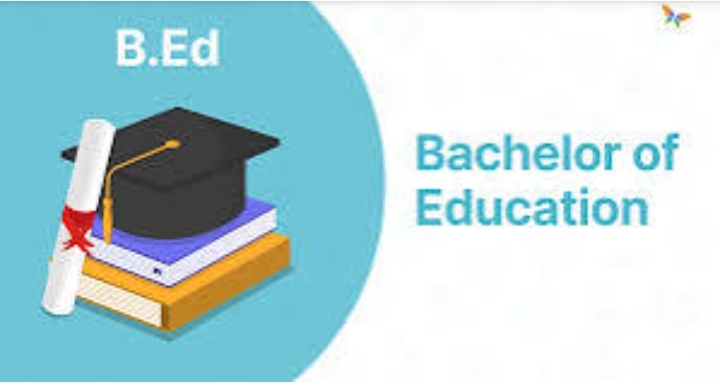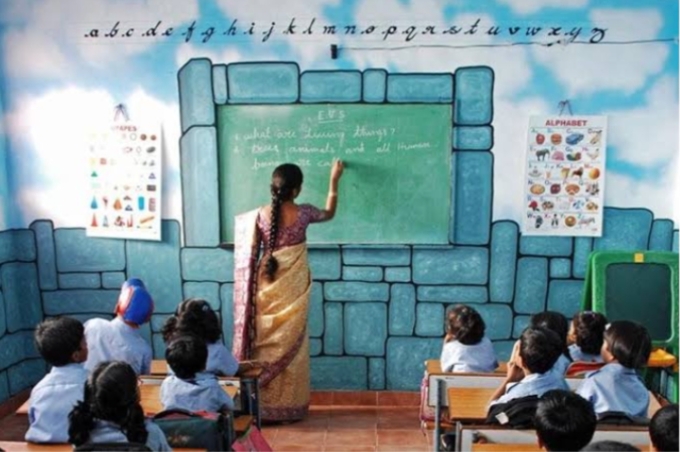
The Bachelor of Education (B.Ed) is a 1 to 2-year undergraduate degree designed to prepare individuals for teaching careers. It focuses on equipping future teachers with pedagogical skills, classroom management, and subject-specific knowledge. The program covers topics like educational psychology, pedagogy, and practical training in schools.
Eligibility : Usually requires a bachelor's degree with a minimum percentage and may necessitate passing an entrance exam.
Curriculum : Includes educational psychology, pedagogy, practical training, and sometimes specializations.
Admission : Admission can be based on merit, entrance exams (like CTET, UPTET, etc.), or a combination of both.
Syllabus : The syllabus includes Adult Education, Primary Learning, Special Education, Child Development and Pedagogy, and developing gender-inclusive classrooms.
Career Prospects : B.Ed graduates can work as teachers in schools, colleges, or educational institutions.
Specializations : Some B.Ed programs offer specializations in subjects or age groups, like primary, middle, or secondary school.
- Teacher: Admin User